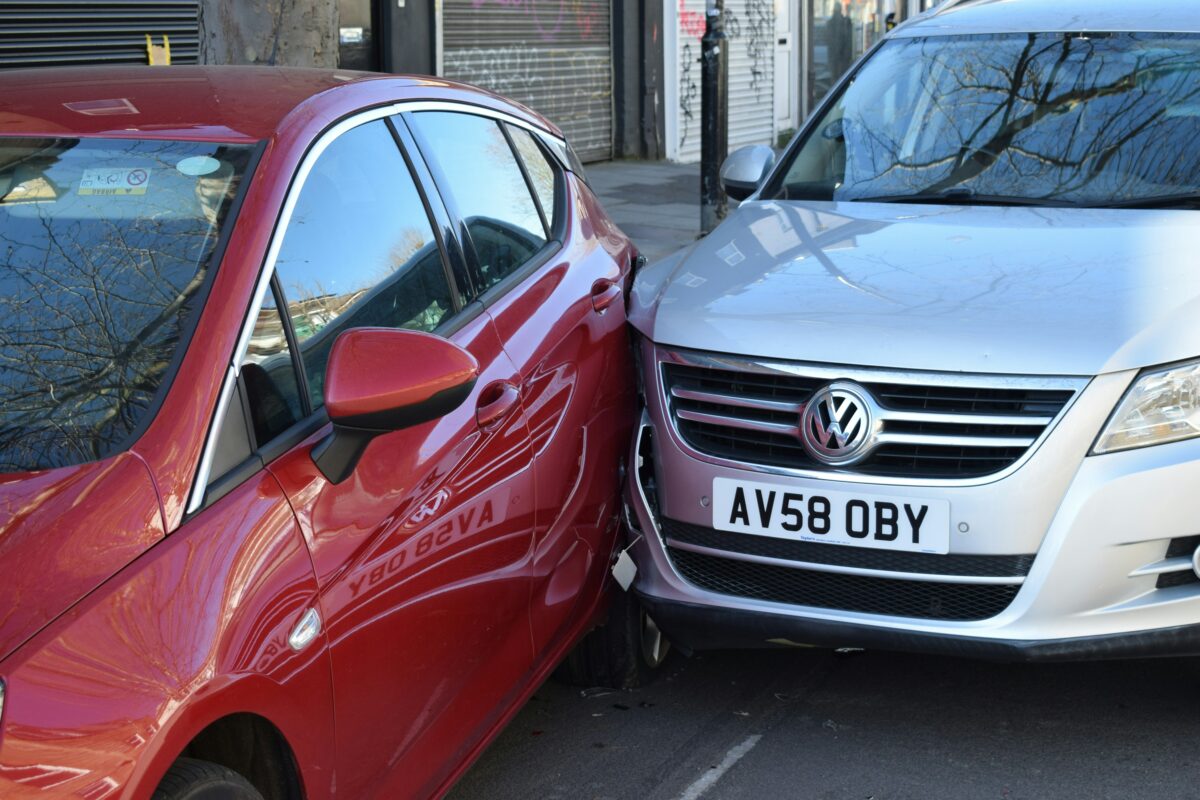Introduction
Car accidents can be traumatic experiences, leaving individuals with physical injuries, emotional distress, and financial burdens. When you find yourself involved in a car accident, understanding how to navigate the legal landscape is crucial for securing fair compensation. In this article, we will explore proven tactics for maximizing compensation in car accident cases. From selecting the right accident attorney to understanding the litigation process, we will cover everything you need to know to strengthen your claim and achieve the compensation you deserve.
Understanding Car Accident Cases
Before diving into specific tactics, it’s important to understand the fundamentals of car accident cases. These cases typically revolve around negligence, which is the failure to exercise reasonable care that leads to an accident resulting in injuries or damages.
The Role of Negligence
To establish negligence, your accident lawyer must prove four key elements:
- Duty of Care: The defendant had a legal obligation to drive safely. Breach of Duty: The defendant failed to meet that obligation (e.g., speeding, distracted driving). Causation: This breach directly caused the accident. Damages: You suffered actual damages (medical bills, lost wages, pain and suffering).
Choosing the Right Accident Attorney
The first step in maximizing your compensation is selecting a competent accident attorney. This decision can significantly influence the outcome of your case.
Research and Referrals
Start by researching accident law firms in your area. One effective strategy is to seek referrals from friends or family who have used a lawyer in the past. Personal recommendations can lead you to trustworthy professionals.
Experience Matters
When considering a lawyer, their experience in dealing with Find more info car accident cases is paramount. An attorney familiar with the nuances of vehicle-related injuries will better understand the challenges your case might face.
Initial Consultations
Take advantage of free initial consultations offered by many accident attorneys. Use this opportunity to ask important questions:
- What is your experience in handling car accident cases?What is your strategy for my case?How do you communicate with clients?
Documenting the Accident
Accurate documentation is vital for supporting your claim. From gathering evidence at the accident scene to maintaining meticulous medical records, comprehensive documentation can enhance your compensation prospects.
Accident Scene Evidence
At the scene of the accident, ensure you gather as much evidence as possible:
- Photographs: Capture images of the vehicles, any visible damages, skid marks, and the road conditions. Witness Statements: Collect contact information from witnesses who can corroborate your account of the incident. Police Report: It’s essential to file a police report, as this official document can serve as evidence in your case.
Medical Records
After the accident, promptly seek medical attention. Keeping thorough medical records will document the injuries you sustained and the necessary treatments.
- Emergency Room Visits: Medical evaluations in emergency settings should be documented. Follow-Up Appointments: Keep records of all follow-up appointments and treatments.
Calculating Damages
Understanding the types of damages you can claim is essential for maximizing compensation. Damages typically fall into two categories: economic and non-economic.
Economic Damages
These damages cover tangible losses you experienced due to the accident:
- Medical Expenses: This includes hospital stays, surgeries, rehabilitation, and any ongoing treatment. Lost Wages: If your injuries prevent you from working, you can claim lost earnings. Property Damage: Claims can include repair costs for your vehicle or any personal property damaged in the accident.
Non-Economic Damages
Non-economic damages are more subjective and can include:
- Pain and Suffering: Compensation for the physical pain and emotional distress you endured. Loss of Enjoyment: If the accident has impacted your quality of life or prevented you from engaging in activities you love. Loss of Consortium: If the accident affects your relationship with your spouse, they may claim this loss.
Negotiating with Insurance Companies
In many cases, the responsible party's insurance company will be your primary source of compensation. Negotiation tactics can make a substantial difference in the settlement you receive.
Know Your Worth
Before entering negotiations, an accurate assessment of your damages is vital. Ensure you understand the full extent of your economic and non-economic losses, as this will serve as the foundation of your negotiation.
Don’t Rush to Settle
Insurance adjusters may pressure you to settle quickly, but rushing can lead to inadequate compensation. Take your time to evaluate your recovery, as further injuries or complications may arise.
Counteroffers
Be prepared to make counteroffers based on your calculations. The initial offer may be significantly lower than what you deserve, so it’s essential to advocate for your Hire a personal injury attorney rights through negotiation.
Litigation: When to Take Your Case to Court
If negotiations with the insurance company do not yield satisfactory results, you may need to consider litigation. Understanding the court process will prepare you for this next step.
Filing a Lawsuit
If negotiations fail, your accident attorney might recommend filing a lawsuit. This legal action involves drafting and submitting a complaint in the appropriate court.
Discovery Phase
In the discovery phase, both parties exchange evidence and gather more information. This process is critical for understanding the strengths and weaknesses of each case.

Trial Process
Should the case proceed to trial, your attorney will present evidence, call witnesses, and argue your case before a judge or jury. A successful outcome can lead to a jury award, significantly impacting your compensation.
Conclusion
Maximizing compensation in car accident cases requires a diligent approach, from documenting the accident to negotiating effectively with insurance companies. Working with an experienced accident attorney can make a considerable difference in the outcome of your case. Remember, each accident is unique, and the tactics that work best may vary depending on your specific situation. By following the steps outlined in this article, you can take proactive measures to ensure your rights are protected and that you receive the compensation you deserve.